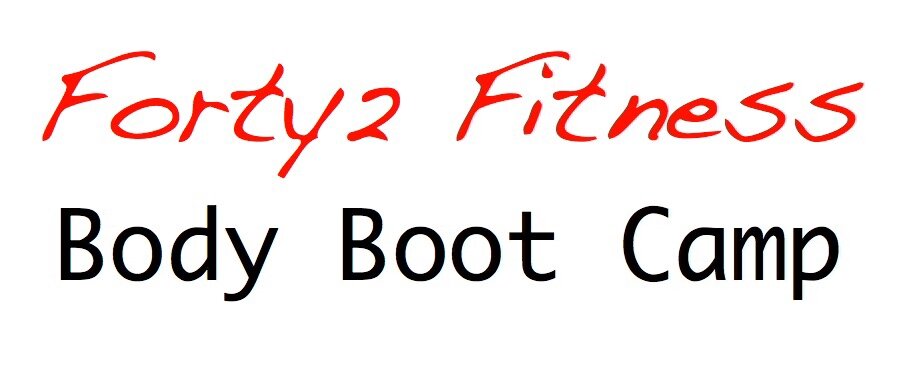Exercise and Repair Mechanisms
Physical activity or exercise results in damage to cells through oxidation, micro tears in muscle etc. So you might think that exercise is damaging. Nope, far from it in fact. It is one of the 6 Pillars of Lifestyle Medicine, an holistic approach to avoiding chronic disease and, in my view, essential to a healthy body.
Exercise & the Clean Up Crew
Also, we are bombarded daily by free radicals that damage our cells. These are in the air, in alcohol and in Ultra Processed Foods. Also in cigarette smoke.
In response to exercise, the body turns on the repair and maintenance enzymes so that activity isn’t damaging, it’s actually the opposite. It triggers a cascade of protective mechanisms and renewal processes. Which means that the repair goes further than back to before you exercised, it OVER repairs. Those tiny micro tears stimulate the the release of growth factors so you get stronger for the next time. AND these repair and maintenance mechanisms mop up those free radicals and slow down the aging process. Bonus!
Increase Wellness
Added to that, activity and exercise triggers T cells that protect against cancer, viruses etc In fact, according to Daniel Lieberman there are 30%-50% lower rates of cancer in active people. Bigger Bonus!
So how much exercise do I need to do?
The good news is that you don’t have to be in the gym for hours to have this effect. 30 mins of activity a day that gets you a breathing a bit faster is enough to start to make a difference. If you are new to exercise, try these to start with:
A brisk walk
Swimming
Dancing
Yoga
Pilates
Get on your bike!
Consistency is key
The benefits of exercise on your physical health, mental health, repair processes etc are like a snowball. Keep it rolling and it will keep getting bigger. Stop for a few days and it will start to melt away. Leave it for a few weeks and you have to start again at the beginning. So choose something you can keep to regularly, and that ideally you will enjoy. You will be amazed at how much better you will feel. Once you have built a fairly large ‘snowball’ by consistently exercising you can then add to it and get it even bigger. Join a more intense exercise class or start lifting some weights. Be wary of overtraining and make sure you recover well as this can hinder your repair mechanisms.
Inactivity can lead to more illness
The opposite is also true, inactivity increases the reproductive hormones. This is especially true and important for women. An increase in these oestrogen/progesterones can increase the risk of cancer. So get out there and start being more active. Your body will thank you for the TLC.
Happy Sweating!


